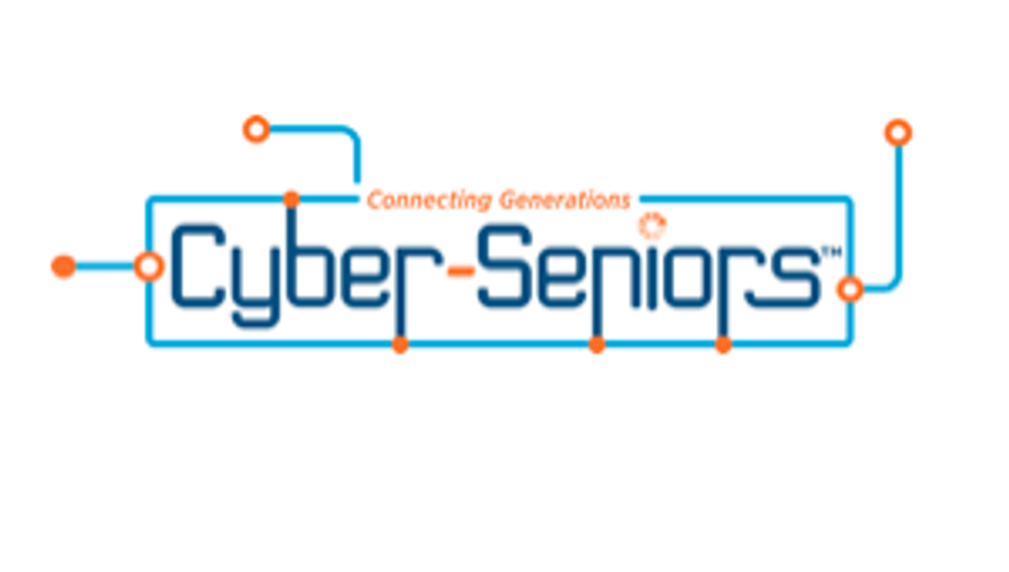Summer Career Pathway Program
The Cyber-Seniors Career Pathway Program will provide low-income teens living in Los Angeles with lessons and learning activities to train them to act as digital mentors, after which they will receive a stipend for volunteering to teach senior citizens in their community to use technology.

Please list the organizations collaborating on this proposal.
Project Giving Kids
What is the primary issue area that your application will impact?
K-12 STEAM Education
In which areas of Los Angeles will you be directly working?
County of Los Angeles
In what stage of innovation is this project, program, or initiative?
Expand existing project, program, or initiative
What is your understanding of the issue that you are seeking to address?
Teens from low-income families are often at a disadvantage when applying for post-secondary school programs and/or finding their first job. College admission is a competitive process, and it often takes job experience into consideration. The most prestigious summer jobs are often given to teens whose parents or relatives work in management positions and therefore low-income teens are not give the same opportunity to build impressive resumes. The Cyber-Seniors Career Pathway Program will address the needs of low-income students to gain real world work experience and understand how the skills acquired through the program can be incorporated into their resume. The program will also give the participating teens an opportunity to experience components of a number of different types of jobs such as teaching, the technology service industry and medical/aging service professions.
Describe the project, program, or initiative this grant will support to address the issue.
Cyber-Seniors’ Summer Career Pathway Program focuses on helping high school students from underserved communities build career readiness skills and an awareness of career options. Young people will be made aware of how market trends and changing demographics will affect their career opportunities and will be given the chance to develop skills that will advance them toward realistic career objectives. The program will recruit teens from across LA County and train them to act as digital mentors to senior citizens. In doing so teens will develop enhanced technology skills and important workforce readiness proficiencies such as problem solving, organization, leadership skills, effective communication and professional work ethics, while volunteering as tech mentors. Young people recruited in this program will go through Cyber-Seniors’ Career Pathway Curriculum; a series of 6 lessons followed by knowledge assessments and 6 interactive lessons intended to develop problem-solving skills of the participants. Following the training portion of the program teens will volunteer assisting seniors, either in-person or virtually, to learn new technology skills. Feedback will be provided throughout, and teens will receive digital badges and certificates acknowledging their achievements. Participants will be awarded a stipend for their volunteer time.
Describe how Los Angeles County will be different if your work is successful.
Cyber-Seniors’ Summer Career Pathway Program is designed to provide young people from underserved communities the opportunity to engage in professional development, skill-building and access to meaningful volunteer opportunities that have a lasting impact, not only on their own careers, but on their community. Teens come away from the program with a better understanding of career options and specific skill-sets that give them a leg up on post-secondary school admissions and career pathways. The Summer Career Pathway Program is seeking 15 teens from underserved communities in LA County, whose work will impact hundreds of older adults in their community through the provision of tech training. Data collected from the program will also be used to further enhance Cyber-Seniors’ programs and contribute to research carried out Dr. Skye Leedahl, a tenure-track professor from the University of Rhode Island, on ageism, social isolation and intergenerational connections.
What evidence do you have that this project, program, or initiative is or will be successful, and how will you define and measure success?
Cyber-Seniors is committed to measuring the impact its programs have on youth, utilizing several standardized measurement tools with oversight from its Research Consultant, Dr. Skye Leedahl. Program participants are assessed using the Youth Engagement Survey on improvement in problem-solving skills and professional skill-building and the "Fear of Older People Measure," and the "Attitudes Toward Ageing Measure". In addition, Cyber-Seniors collects demographic information to ensure its reaching the target demographic. Analysis of Cyber-Seniors’ 2021 data shows an 85% increase in teens’ interest towards working with older adults. Additionally, participants who volunteered for 10 hours or more showed a significant increase in confidence and comfort while working with older adults as well as having a significantly more positive attitude towards ageing. Participants also found significant improvements in metrics such as goal setting, linkages to community and linkages to work and college.
Approximately how many people will be impacted by this project, program, or initiative?
Direct Impact: 15
Indirect Impact: 500
Describe the specific role of the partner organization(s) in the project, program, or initiative.
Project Giving Kids (PGK) is an organization that operates across the United States, working to provide youth with powerful opportunities that help those in need while cultivating empathy and lifelong community leadership. PGK has a growing focus on schools and youth-serving organizations and has been focusing on Los Angeles since launching in 2015. They are collaborating on the project to provide outreach services to local schools, youth organizations and after-school programs in the LA County area.